Did you know that ruddy complexion is genetic? It’s true! Ruddy skin color can be the result of a genetic predisposition or an accumulation of sun exposure. What causes redness, though? There are many different reasons for this condition and they range from genetics to rosacea.
In this article, we will discuss some tips on how to get rid of redness and have healthy-looking skin once again.
Contents
- 1 What is a ruddy complexion?
- 2 What causes a ruddy complexion?
- 3 Is ruddy complexion a sign of health problems?
- 4 How to Reduce Redness:
- 5 How to prevent ruddy complications to the skin?
- 6 Is there a cure for a ruddy complexion?
- 7 How do I treat a ruddy complexion?
- 8 Can supplements help with the ruddy complexion on your skin?
What is a ruddy complexion?
Ruddy complexion is a skin condition that many people have to face. This skin coloration can be the result of genetics or sun exposure, which causes heightened redness in the affected areas. It’s easy to see why this makes ruddy complexions stand out! The good news is that there are ways for you to get rid of redness and go back to having healthy-looking skin once again. Read on for some tips on how you can do just that.
What causes a ruddy complexion?
There could be many reasons behind your ruddiness, from genetics or rosacea being responsible. We’ll cover all these things in detail below so make sure not to miss anything while reading through it.
Genetics
Some people are just born with ruddy skin, which means they’ll have to live with it for the rest of their life. You can’t change your genetics so if you’re unhappy about this then there’s not much that you can do.
Sun exposure
Sun baking is a big contributor to redness and ruddiness in many people – especially those who spend a lot of time outdoors! If you’re allergic or intolerant to sunlight then it could be the one thing responsible for your complexion woes .
Rosacea
Rosacea is a skin condition that causes ruddiness and redness in the face. It’s common for people to have worsening rosacea during specific times of year, such as winter.
Aging
As we age our skin naturally becomes less elastic and more delicate – this can lead to us developing wrinkles which are great at collecting dirt or sweat from your environment. These nasty substances will then irritate your complexion with exposure causing ruddy patches all over.
Is ruddy complexion a sign of health problems?
Most of the time ruddy skin is just a sign of the person’s health. In cases where it’s an underlying problem, such as chronic disease or medication side effects, you should see your doctor.
Ruddy complexion and sun damage:
One of the most common causes for ruddy skin is sun exposure, either on your face or elsewhere. This can cause inflammation and redness that will last long after you’ve been in the sun.
How to Reduce Redness:
The best way to reduce redness from the skin is by being proactive with protection. It’s important to use sunscreen when going outside, as well as cover up with clothing designed to block UV rays and maximize moisture-wicking properties. You should also avoid irritating exfoliants, which may contain alcohols or other substances that are too harsh for sensitive skin types. And finally, be extra gentle during cleansing so as not to aggravate already irritated areas.
Ruddy complexion and rosacea:
are easily treated with exfoliating skin products, such as AHA or BHA to help your natural shedding process. You can also use a gentle scrub that contains lactic acid and alpha-hydroxy acids like glycolic acid which are found in these products.
Related articles:
What is Skin Purging? How to Treat, What Causes It and How To Prevent It
What Causes Crepey Skin? Tips on How to Prevent & Treat It
How to prevent ruddy complications to the skin?
Protection is key! Be proactive when going outside by using sunscreen daily as well as wearing clothing made from fabrics designed to block UV rays and maximize moisture-wicking properties. Avoid irritating ingredients so be careful not to overdo it with harsh products on the skin.
- Stay hydrated by drinking lots of water.
- Take care during cleansing so as not to aggravate already irritated areas.
- Avoid irritating ingredients that may make redness worse like pore-clogging oils and harsh abrasives.
You’ll want to take an extra gentle approach when washing your face if you have sensitive skin types or are prone to rosacea (ruddiness).
Be sure to use products with AHA or BHA, which will help exfoliate the skin more effectively, as well as lactic acid and alpha-hydroxy acids like glycolic acid found in these formulas. It is also important to avoid overdoing it with strong irritants including too much sun, spicy foods, and hot drinks like coffee.
The skincare for ruddy complexion:
If you have ruddy skin you need a skincare routine that will help to reduce redness, but also one that will help to prevent ruddy skin.
A good way is to use a gentle moisturizer that contains ingredients like green tea and aloe vera as these are soothing on the skin
This should be followed by sunscreen if you’re going outside or have any other areas of your face exposed such as around your eyes for protection from UV rays
If it’s not just reddening having an effect on your complexion then there may well be some form of acne breakouts too so make sure you include this in your routine with products specifically designed for blackheads and spots!
A reddish skin tone is commonly observed as a result of inflammation in underlying tissues and blood vessels near the surface of the skin from sun exposure, hormones, dieting/fasting periods, certain medications such as beta-blockers used for hypertension or corticosteroids used for severe psoriasis and other skin conditions, according to the Cleveland Clinic.
Some of these also include topical medications such as retinoid-based drugs like Tazorac or Differin that can help reduce redness in your complexion; however, there are precautions you should take before using any type of medication on your skin so make sure you consult with a doctor beforehand!
Is there a cure for a ruddy complexion?
There is no proven way to permanently cure ruddy skin tone but experts advise following a healthy lifestyle routine including eating well, drinking plenty of water every day and exercise which will all have an effect on how clear your skin looks over time. You may also want to try some natural remedies such as apple cider vinegar mixed with honey under the eye area to help reduce redness and skin inflammation.
Some people with this type of skin tone have more sensitive skin than others which means it reacts to things like harsh chemicals in beauty products or certain environmental conditions that other types may not be as affected by
Spending time outdoors is also a good thing for those who suffer from seasonal affective disorder because they will get natural amounts of sunlight that can boost their mood as well as alleviate depression symptoms!
How do I treat a ruddy complexion?
If there are any redness patches that don’t go away within 24 hours, then a dermatologist visit would be advisable to find out what may be causing them! They will have some suggestions for how best to treat these pesky spots and might even recommend laser therapy too if they’re persistent – so contact your local hospital today with concerns about those stubborn red areas!
You can also get help by reducing intake of foods like caffeine which makes blood vessels swell more than normal and increase reddening.
So you’ve just found out what could be behind those pesky skin problems! The next thing to do is figure out who you should see about it. This might involve seeking professional advice from a dermatologist or going on an elimination diet to see if there’s anything in your food that triggers the redness.
There are many home remedies you can try before reaching out to your doctor for advice such as drinking plenty of water, eating healthy foods, using topical medications if necessary, and taking care when applying makeup.
The next thing to do is figure out who you should see about it which will probably involve seeing a dermatologist or going on an elimination diet to see if there’s anything in your food that triggers the redness…
There are many home remedies you can try before reaching out to your doctor for advice such as drinking plenty of water, eating healthy foods, using topical medications if necessary, and taking care when applying makeup. You may also want to consider some other, more extreme measures, including a gluten-free diet or getting tested for celiac disease.
Can supplements help with the ruddy complexion on your skin?
No one specific supplement will be able to cure redness of the skin, but there are supplements that can help the inflammation and irritation caused by ruddy complexion. You may want to try taking a multivitamin or mineral as well as an omega-rich diet like fish oil which contains Omega-e fatty acids. These nutrients might also help with Rosacea treatment! Not Helpful 13 Helpful 23
A great way to combat this is by applying coconut oil topically on your face before bedtime because it’s capable of reversing some of the damage done by free radicals due to its antioxidant properties. When you apply it before going into sleep mode, it helps repair sun spots and other blemishes overnight while fighting off any new ones for when you wake up.
It also helps to drink a healthy amount of water daily, ideally at least eight glasses per day because dehydration is one of the main causes of ruddy complexion and it can lead to many other health problems as well like heartburn or kidney stones!
Omega fatty acids are found in fish oil which can help with redness caused by rosacea treatment or just general skin redness due to inflammation for any reason. This type of fat has been shown over time through research studies to help with skin inflammation, ruddy complexion, and eczema.
Vitamin C is another great antioxidant to add to your regimen as it helps fight free radical damage which can cause redness in the face or rosacea flare-ups from sun exposure. It also protects against wrinkles by building collagen in the face for healthier-looking skin!
A healthy diet and lifestyle will go a long way towards preventing a ruddy complexion so you don’t need to use any harsh products all over your body unless they are prescribed. That’s why some doctors might recommend using prescription topical erythromycin ointment especially if you have very sensitive skin that has become inflamed due to dryness or other factors like an allergic reaction.
Thank you for reading and we hope this article was helpful. Happy self care!
Related articles:
Everything You Need To Know About Vitamin B5 For Skin
Does Low Vitamin D Deficiency Cause Weight Gain?

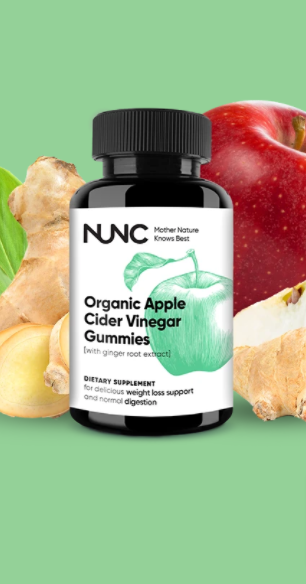



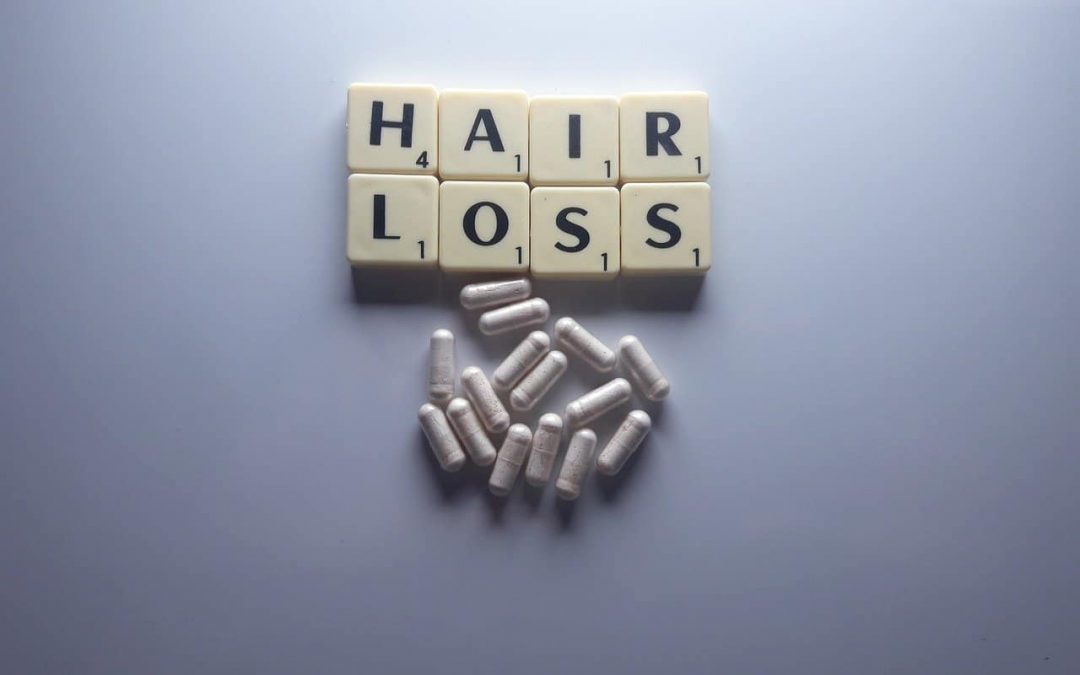
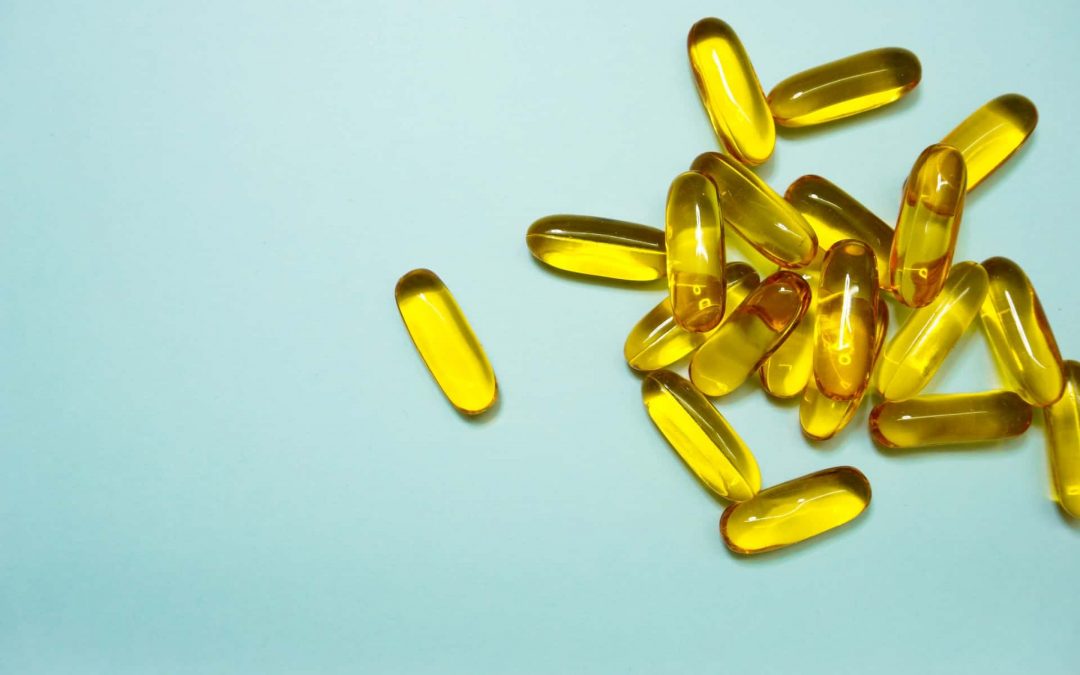
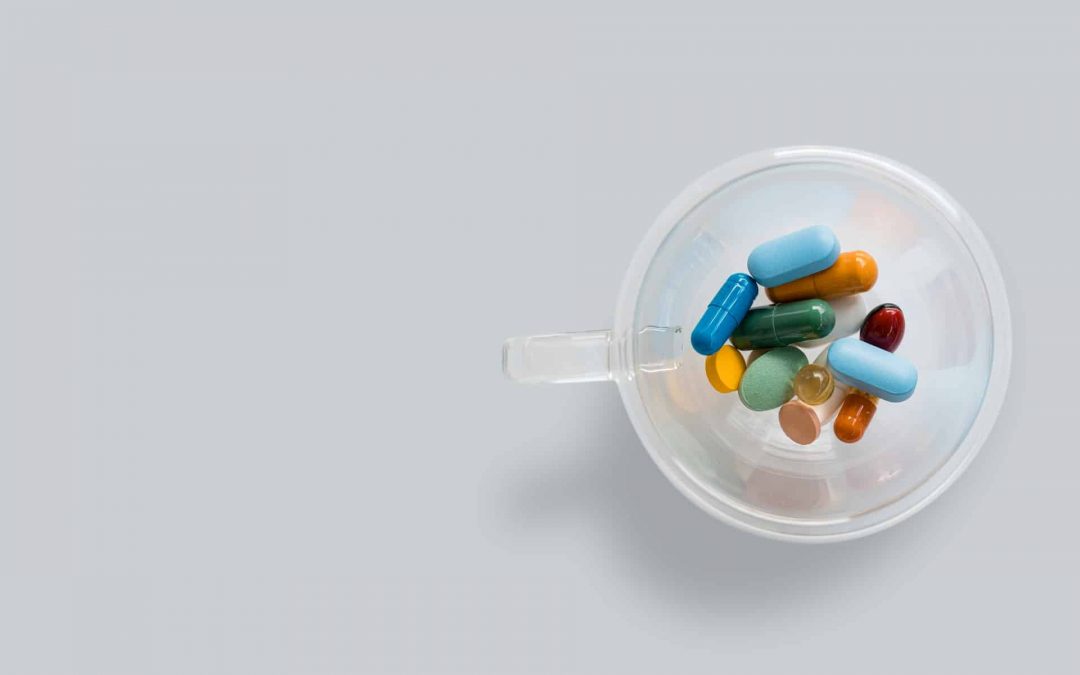
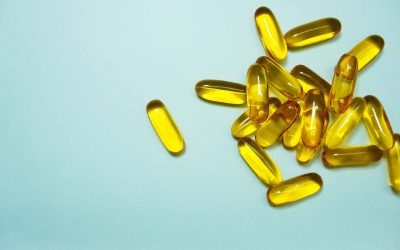


0 Comments